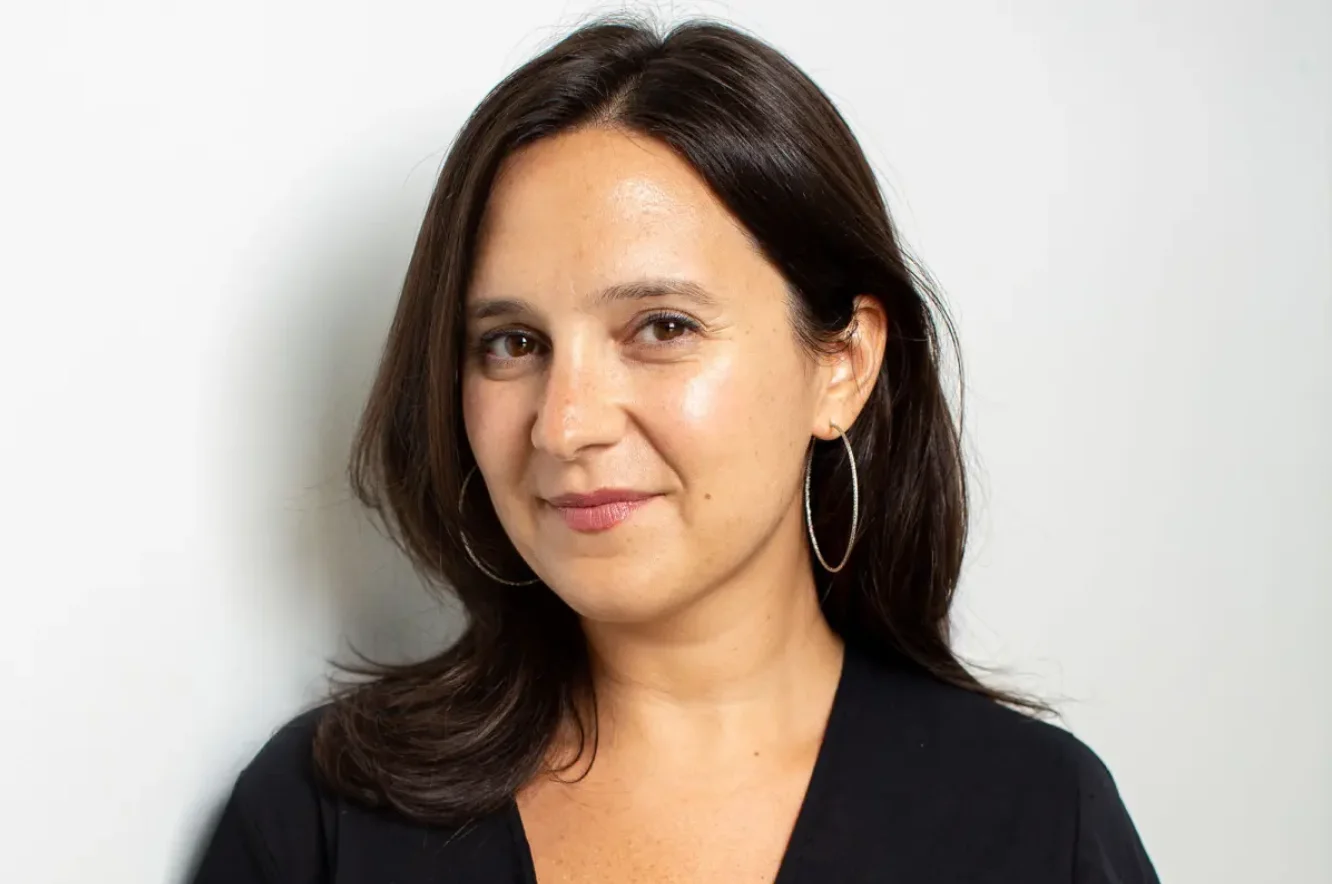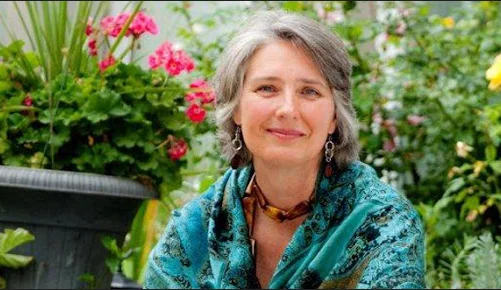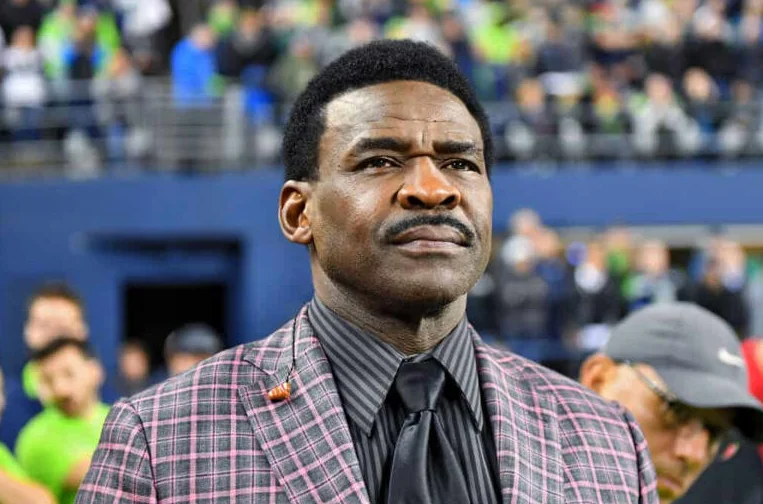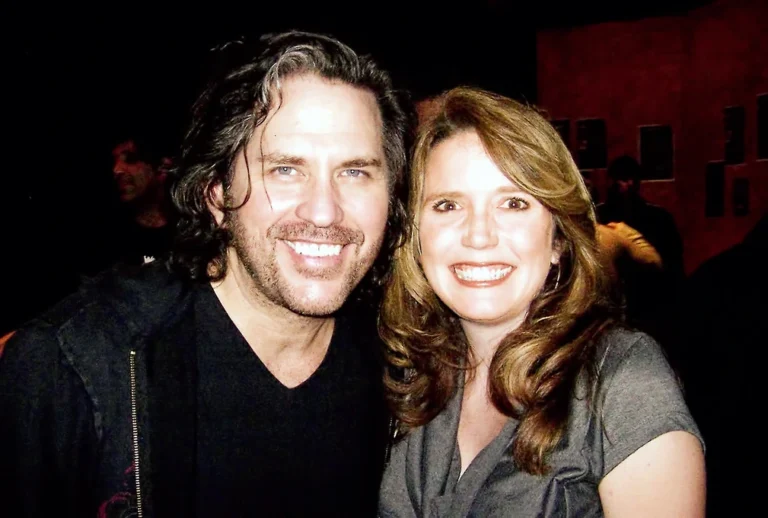Bari Weiss: A Courageous Voice for Free Speech and Open Dialogue
Within the media landscape of today, Bari Weiss is a fearless and powerful voice. She is a writer, podcaster, and journalist who doesn’t hesitate to voice her ideas and take on difficult subjects, especially when they go against the norm. She is well-known for her work at The New York Times and her own newsletter. She frequently discusses hot-button themes like cancelling culture and speech freedom. Bari has a special talent for starting meaningful discussions that cause others to reconsider their opinions. She has a skill at starting conversations, whether or not you agree with her!
1. Early Life and Education: A Foundation for Bold Journalism
Born and reared in Pittsburgh, Pennsylvania, Bari Weiss grew up in a Jewish family that deeply valued social justice and intellectual discourse. Her career as a writer and cultural critic would subsequently be shaped by her early exposure to these concepts. She went to Pittsburgh’s Community Day School and then Shady Side Academy, all of which helped her develop her critical thinking and intellectual abilities.
She went to Columbia University to further her education, where she studied history. During her time at Columbia, Bari actively participated in discussions over free speech, maintaining her convictions even in the face of opposition. Her journalistic style, which isn’t hesitant to question popular narratives, was shaped during this time. Her enthusiasm for justice and freedom of expression, combined with the intellectual rigor of her education, set the foundation for her future profession.
During her time at Columbia, Weiss also became acquainted with campus activism and the conflicts that arise between the right to free speech and the growing influence of political correctness. Her viewpoint was honed by these encounters, which also encouraged her to speak out in favor of pluralism and the interchange of ideas. Bari’s belief was evident even at an early age: censoring simply serves to impede advancement and conversation is crucial for personal development.
2. Breaking Into Journalism: The New York Times and Beyond
Bari Weiss entered the journalism field shortly after graduating, taking jobs at The Wall Street Journal and Tablet, a publication that covered news and culture pertaining to the Jewish community. Her voice started to become noticeable throughout her time at these publications, not only because of her unafraid opinions but also because of her commitment to finding complex, frequently ignored tales. She established a reputation as a perceptive and intelligent writer who could tackle difficult subjects with nuance and clarity via her early work.
Weiss began working as a staff editor and writer in the Opinion section of The New York Times in 2017. Here, she became well-known across the country for her frank editorials about cultural differences, free speech, and the difficulties the American left faces. As she resisted what she perceived as an increasing trend of intellectual homogeneity within progressive forums, her essays frequently caused intense arguments. Some applauded her for offering new insights, while others chastised her for generating controversy and deviating from accepted wisdom.
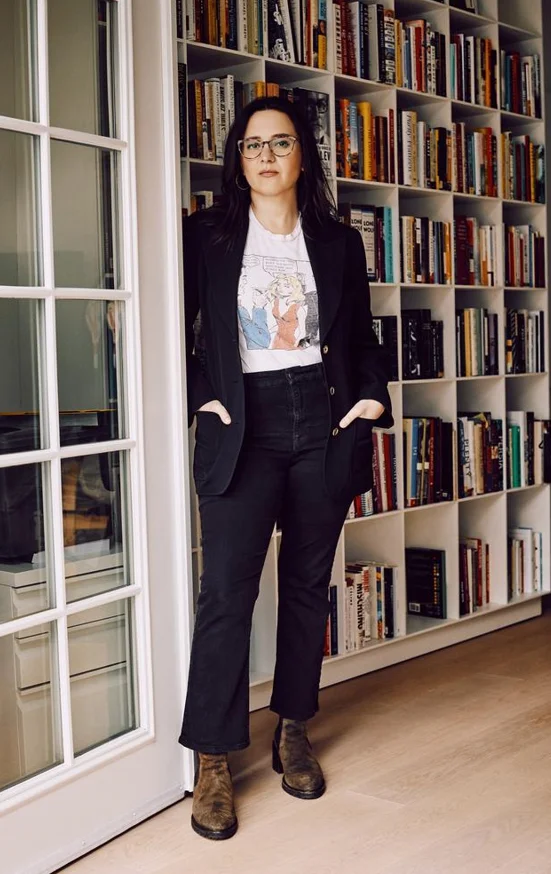
Weiss had difficulties during his time at The New York Times. She quit in 2020, citing what she saw as an oppressive and ideologically closed-off society that discouraged free discussion. Her resignation letter went viral after it was posted online, bringing attention to the challenges that journalists confront on the inside in a world where opinions are becoming more and more divided. She became a fervent supporter of free expression and a fierce opponent of “cancel culture” after this incident.
3. Independent Journalism: The Launch of ‘Common Sense’
Bari Weiss bravely entered the world of independent media after quitting The New York Times by starting her Substack newsletter, Common Sense. Weiss’s action demonstrated her willingness to speak freely outside the limitations of conventional editorial policies in a media world dominated by major corporations. A sizable and devoted readership was swiftly pulled to Common Sense by her unvarnished opinions on politics, society, and current affairs.
Weiss has kept examining subjects that are essential to her work—freedom of speech, diversity of opinion, and the cultural conflicts that shape our day—through Common Sense. She argues that voices and opinions that are underrepresented or overlooked by conventional media channels are frequently highlighted in her writing. By offering a platform for such discourse, she aims to challenge her audience to think critically and question dominant narratives.
Common Sense’s dedication to open discourse and intellectual honesty sets it apart in the crowded newsletter market. Weiss makes sure her readers are exposed to a range of opinions by inviting guest authors on a regular basis who represent different political stripes. This strategy supports her view that the healthiest communities are those in which concepts are freely and openly expressed, regardless of how unpleasant they may be.
4. Podcaster and Public Speaker: Expanding Her Reach
Bari Weiss has gained notoriety not only as a writer but also as a podcaster and public speaker. Many of the themes Bari Weiss tackles in her written work are also covered in her podcast, Honestly with Bari Weiss, but with the depth that comes from a live conversation. Weiss continues to delve into the concepts influencing contemporary society through interviews with intellectuals, activists, and cultural leaders. These conversations frequently result in frank and thought-provoking exchanges.
Her attitude to podcasting is similar to her journalism work in that she doesn’t back down from challenging subjects or hard realities. Honestly episodes have covered a wide range of topics, from world affairs to identity politics, all guided by Weiss’s insatiable curiosity. Her ability to pose difficult questions in a kind and receptive manner is valued by her audience, which has made the podcast a success.
Weiss speaks in front of live audiences on a variety of platforms, including media ethics, political polarization, and free speech, at conferences, colleges, and panels. She frequently asks her audience to reconsider their preconceptions and challenges the current quo in her lectures. In a time when it sometimes seems like public conversation is becoming more divisive, Weiss provides a novel viewpoint that crosses barriers.
5. A Polarizing Figure: Praise, Criticism, and the Impact of ‘Cancel Culture’
Bari Weiss is a divisive personality because of her openness to question prevailing cultural beliefs. While some view her as a bold champion of intellectual diversity and free speech, others charge that she is out of touch with progressive principles and stirs up controversy. No matter how one feels about Weiss’s views, there’s no doubt that she has spurred vital discussions about the nature of dissent, debate, and the function of the media in society.
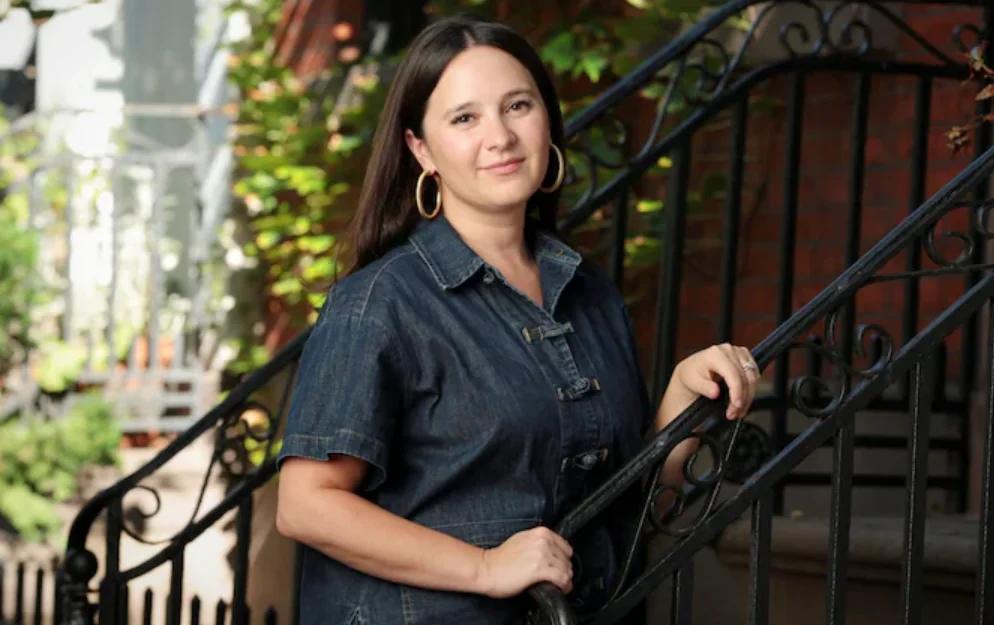
Her detractors frequently claim that she overstates the impact of cancelling culture and that by concentrating on free speech issues, she misses more serious structural difficulties in society. They say she’s not fostering constructive dialogue, but rather stoking conflict with her platform. Her admirers, on the other hand, applaud her for standing up to a media landscape that they believe has grown too homogenous in its ideologies and contemptuous of other viewpoints.
Although Weiss has admitted that her work causes tension, she has not offered an apology. Even if it means upsetting some people along the road, she thinks that honest dialogue is the only way that real progress can be made. Her position on cancel culture remains a major focus of her writing, as she contends that stifling dissenting viewpoints threatens democracy itself.

